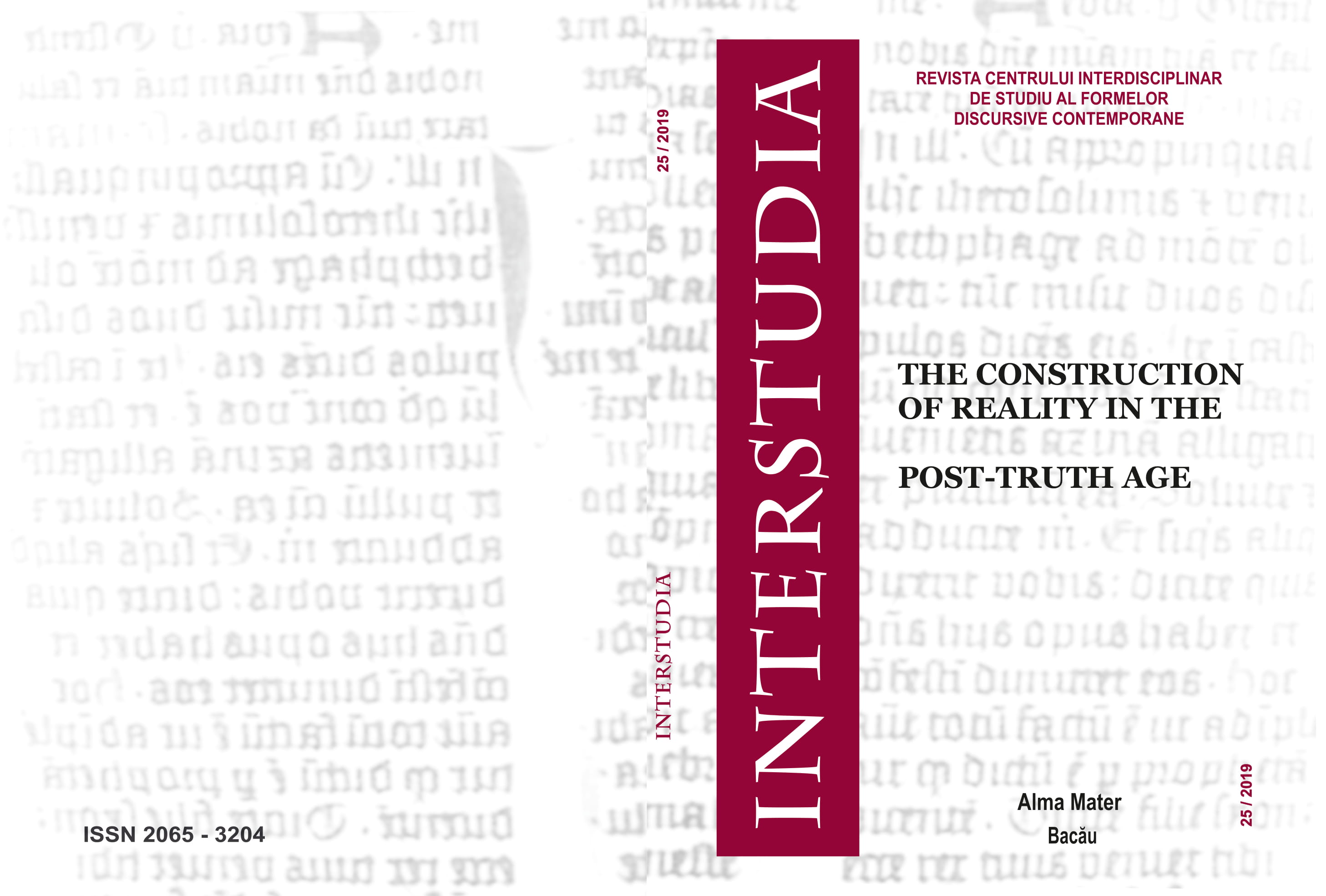“All amiss interpreted”: the alternative truths of Shakespeare’s
Julius Caesar
“All amiss interpreted”: the alternative truths of Shakespeare’s
Julius Caesar
Author(s): Elena CiobanuSubject(s): Language and Literature Studies, Studies of Literature, British Literature
Published by: Editura Alma Mater
Keywords: post-truth; fact; politics; interpretation; tragedy;
Summary/Abstract: Written during a period of some political unrest, in Elizabethan England,William Shakespeare’s Tragedy of Julius Caesar explores the politicalconsequences resulting from the conflict between private and public virtuesexemplified in the person of its tragic hero, Marcus Brutus. The development ofthe plot is based on the series of more or less contradictory interpretationscoming from a number of important characters, among whom Cassius figuresprominently. Interpretations, as Friederich Nietzsche observes, are all we have inour vain pursuit of the truth – an affirmation that now, in the age of post-truth,seems ever more adequate. The validity of an interpretation would have to begiven by arguments rooted in facts, but the German philosopher argues that evenwhat we call ‘facts’ are actually only interpretations. Shakespeare’s deepunderstanding of the fact that tragedy is meant “to reveal some particular truth inevery agent and at the same time the limitations of this truth” (Jaspers, 1952: 53)is seen in his allowing of various alternative visions to compete with each otherin what is apparently a futile quest for the truth. In this paper we analyse some ofthe discursive strategies the playwright uses to enact his poetic justice and to hintat the true location of truth, beyond the many alternative facts that menace andeven temporarily destroy it.
- Issue Year: 2019
- Issue No: 25
- Page Range: 120-130
- Page Count: 10
- Language: English
- Content File-PDF

